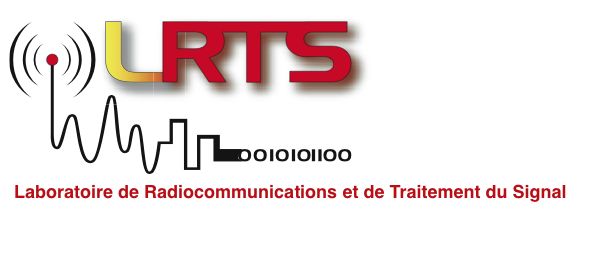
| Français | Anglais |
|
Accueil Membres Recherches Documentation Séminaires au LRTS Photos Publications Liens Événements Gestion |
|
Adaptative combination rule and proportional conflict redistribution rule for information fusion This paper presents two new promising combination rules for the fusion of uncertain and potentially highly conflicting sources of evidences in the theory of belief functions established first in Dempster-Shafer Theory (DST) and then recently extended in Dezert-Smarandache Theory (DSmT). Our work is to provide here new issues to palliate the well-known limitations of Dempster's rule and to work beyond its limits of applicability. Since the famous Zadeh's criticism of Dempster's rule in 1979, many researchers have proposed new interesting alternative rules of combination to palliate the weakness of Dempster's rule in order to provide acceptable results specially in highly conflicting situations. In this work, we present two new combination rules: the class of Adaptive Combination Rules (ACR) and a new efficient Proportional Conflict Redistribution (PCR) rule. Both rules allow to deal with highly conflicting sources for static and dynamic fusion applications. We present some interesting properties for ACR and PCR rules and discuss some simulation results obtained with both rules for Zadeh's problem and for a target identification problem. Mihai Cristian Florea, Jean Dezert, Pierre Valin, Florentin Smarandache et Anne-Laure Jouselme mars 2006, COGIS-06, Paris, Anglais, Bibtex: @conference{, author = {Mihai Cristian Florea and Jean Dezert and Pierre Valin and Florentin Smarandache and Anne-Laure Jouselme}, title = {Adaptative combination rule and proportional conflict redistribution rule for information fusion }, journal = {COGIS-06}, year = {2006}, month = {March}, language = {Anglais}, } Dernière modification le vendredi 2 décembre 2005 à 18h48 par Mihai Cristian Florea |